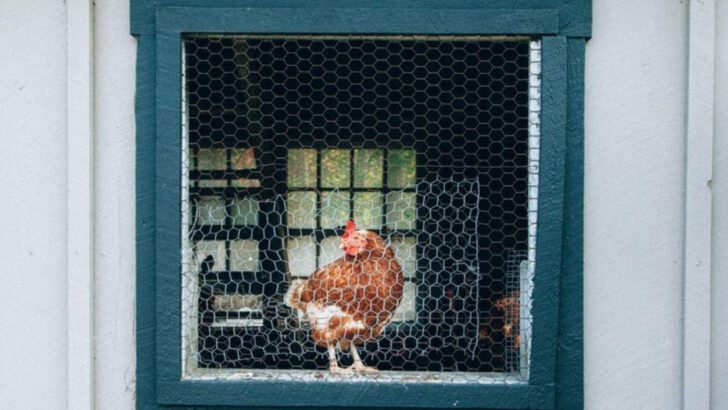Your backyard chickens might seem like low-maintenance pets, but don’t be fooled—they have their pet peeves. One wrong move, and you could be ruffling their feathers in all the wrong ways.
These charming birds have their quirks, and understanding what irritates them can mean the difference between a happy flock and a grumpy one. From their space to their diet, everything matters. It’s easy to overlook their needs, but even the smallest mistake can cause stress.
If you want your chickens to thrive and stay happy, it’s time to learn what they absolutely hate. We’ve rounded up 14 things you might be doing that are driving your chickens crazy. Ready to keep the peace in your coop?
Inconsistent Feeding Times
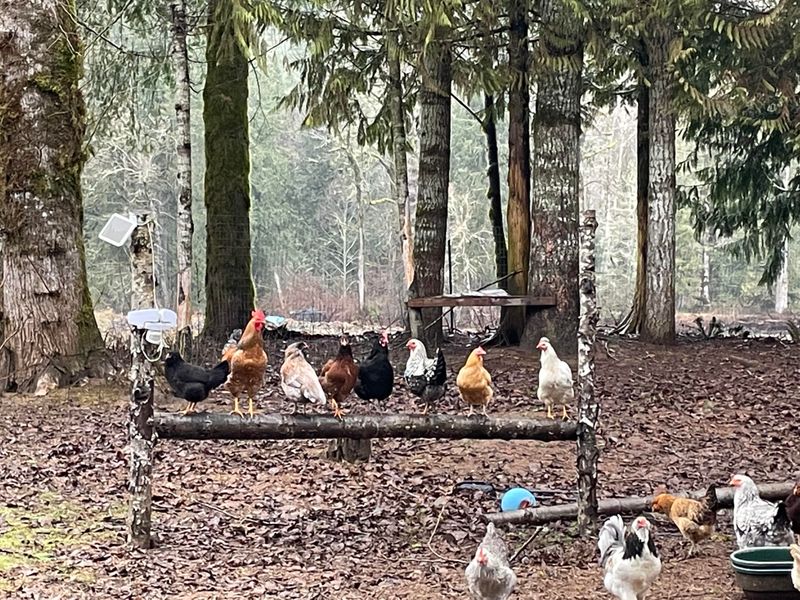
Chickens thrive on routine. Feeding them at irregular times can cause stress and anxiety, leading to decreased egg production. Imagine waking up each morning without knowing when breakfast will be served; it’s unsettling!
Consistency helps chickens feel secure and can even improve their health. It’s best to establish a morning feeding schedule and stick to it. This routine reassures your chickens that food is always on its way.
If you’re inconsistent, consider automatic feeders as a reliable solution. Keeping a steady schedule is a simple yet powerful way to show your chickens you care.
Overcrowded Coops
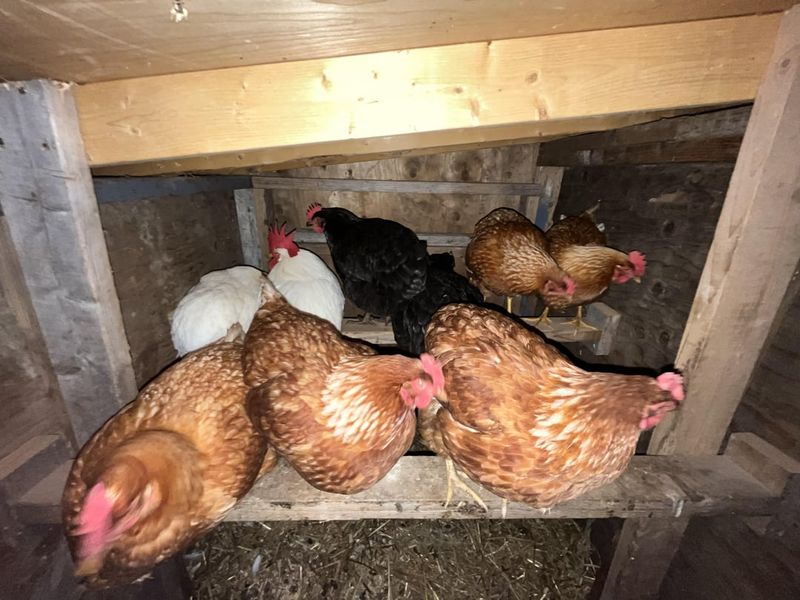
Chickens need space to roam and spread their wings. Overcrowding can lead to stress, feather pecking, and even disease. Imagine living in a cramped space with too many roommates; it’s both uncomfortable and frustrating.
Providing adequate space is essential for their well-being. Each chicken requires about 4 square feet of coop space. When space is tight, consider expanding the coop or reducing flock size. Your chickens will thank you with better health and productivity.
Ignoring Dust Bath Needs
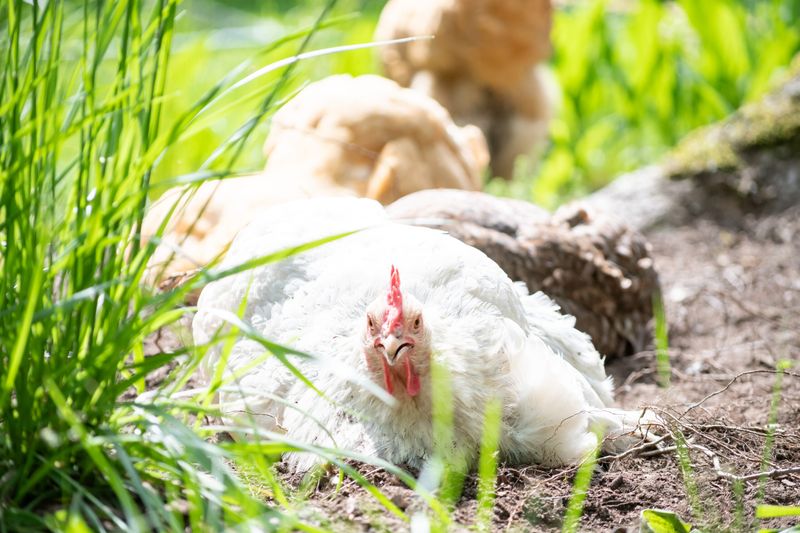
Dust baths are crucial for chickens to keep their feathers clean and free of parasites. Denying them this natural behavior is akin to skipping showers for humans.
Chickens roll in dirt to let the dust absorb oils and smother parasites. If your yard lacks dusty spots, provide a sandbox filled with sand or dirt. This simple addition can drastically improve their happiness and hygiene. Setting up a designated dust bath area ensures your chickens remain healthy and content.
Improper Coop Ventilation
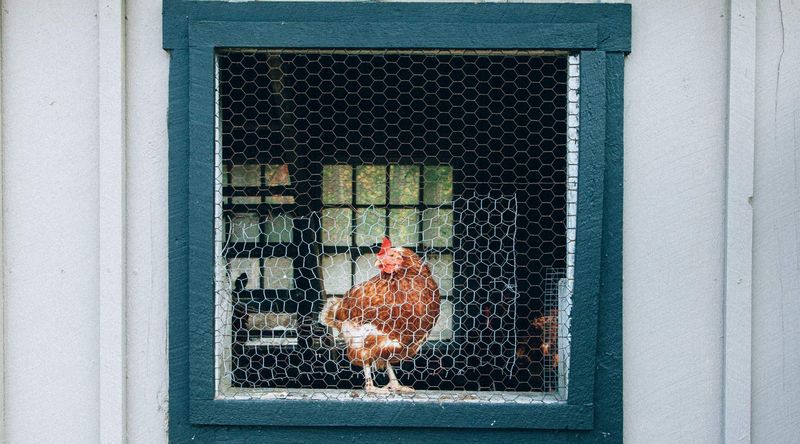
Ventilation in a coop is vital for preventing moisture buildup and ammonia from droppings. A poorly ventilated coop is like living in a stuffy room with no air.
Bad air quality can lead to respiratory issues for your chickens. Ensure your coop has windows or vents that allow fresh air to circulate without causing drafts. Making these adjustments can significantly improve your chickens’ living conditions and overall health.
Neglected Nesting Boxes
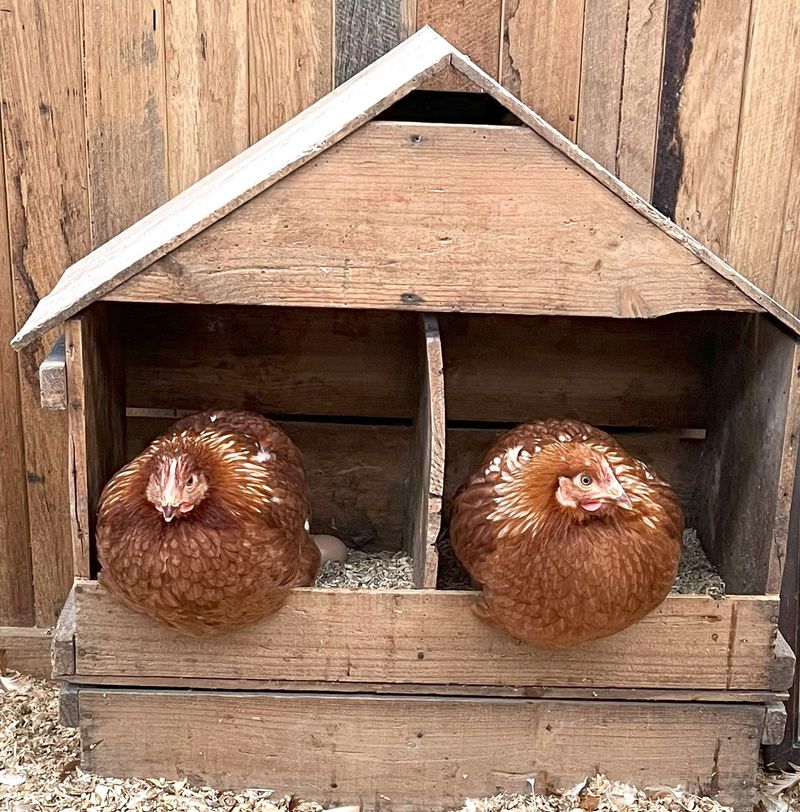
Chickens love clean and comfortable nesting boxes to lay their eggs. Neglecting these boxes can lead to egg-laying elsewhere or even egg-eating. It’s like using a messy bathroom; it’s unpleasant and avoidable.
Regularly clean and line boxes with fresh bedding to encourage your hens to lay eggs where you want them. Consistent maintenance keeps your hens happy and productive, ensuring they always have a cozy place to nest.
Sudden Changes in Environment
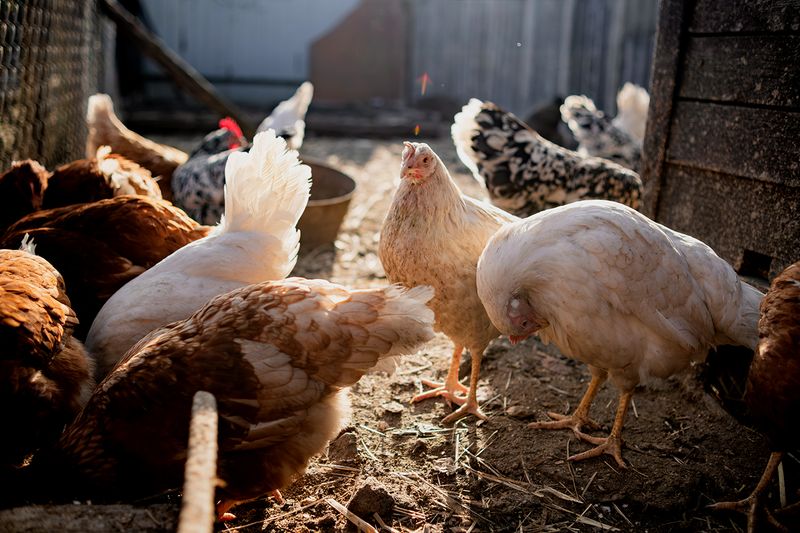
Chickens appreciate stability in their living environment. Sudden changes, like new coop arrangements, can cause distress. Imagine coming home to find your furniture rearranged; it can be disorienting and stressful.
Introducing changes slowly helps chickens adjust without causing anxiety. Gradually incorporate new elements and monitor their reaction. Maintaining a stable environment ensures your chickens remain comfortable and stress-free.
Loud Noises
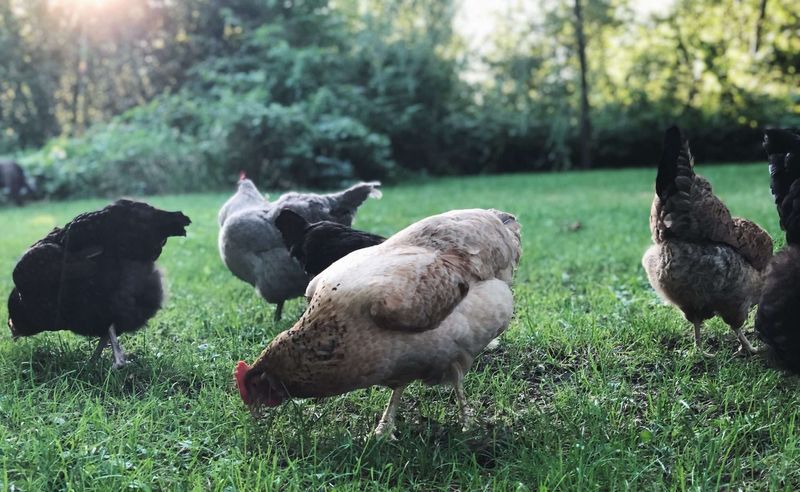
Chickens are sensitive to loud sounds, which can trigger their fight-or-flight response. Unexpected noises, like barking dogs or machinery, can cause panic.
Try to minimize exposure to sudden loud sounds, which can significantly stress your flock. If noise is unavoidable, provide some quiet time afterward to help them recover. Protecting them from loud noises creates a peaceful and calm environment.
Lack of Perches
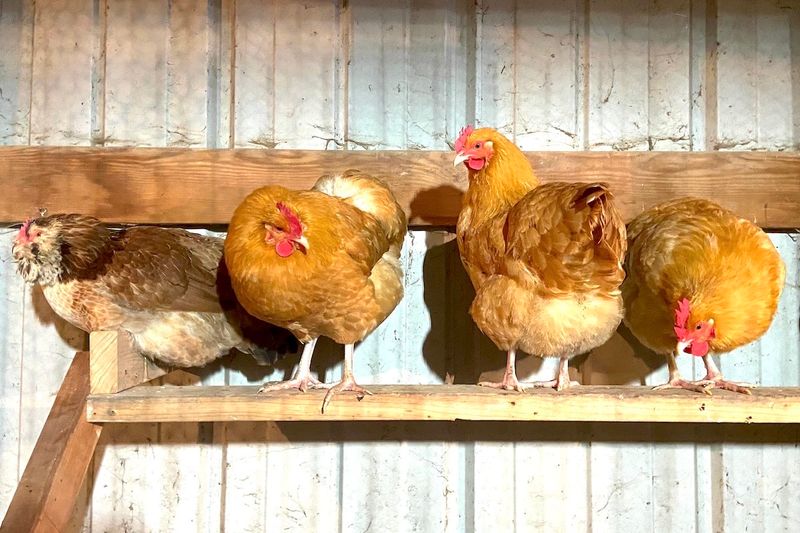
Perches are essential for chickens as they provide a place to rest and sleep off the ground. Without them, chickens might struggle to feel safe at night.
A coop without perches is like a home without beds; it’s uncomfortable and unnatural. Ensure each chicken has enough perch space, about 8-12 inches per bird. Adding perches is an easy way to enhance their comfort and well-being.
Forgetting to Rotate Pastures
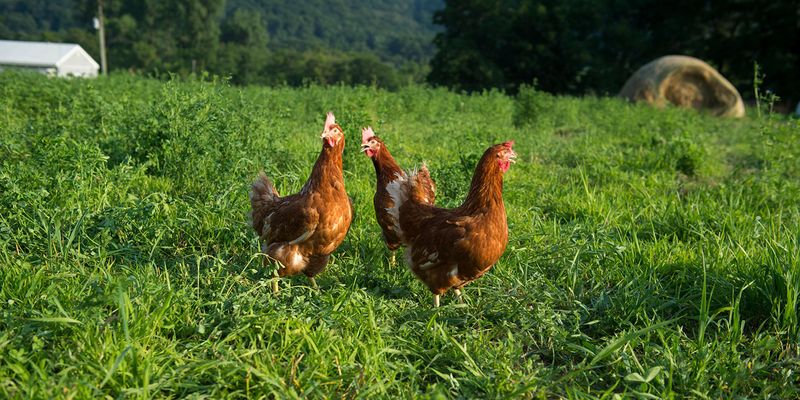
Chickens enjoy foraging in fresh pastures, and rotating them prevents overgrazing and soil depletion. Imagine eating the same meal every day; it becomes unappealing.
Rotating pastures keeps the environment enriching and nutritious. If space allows, divide the area and alternate to allow regrowth. This practice ensures a constant supply of fresh vegetation, contributing to healthier, happier chickens.
Feeding Them the Wrong Diet
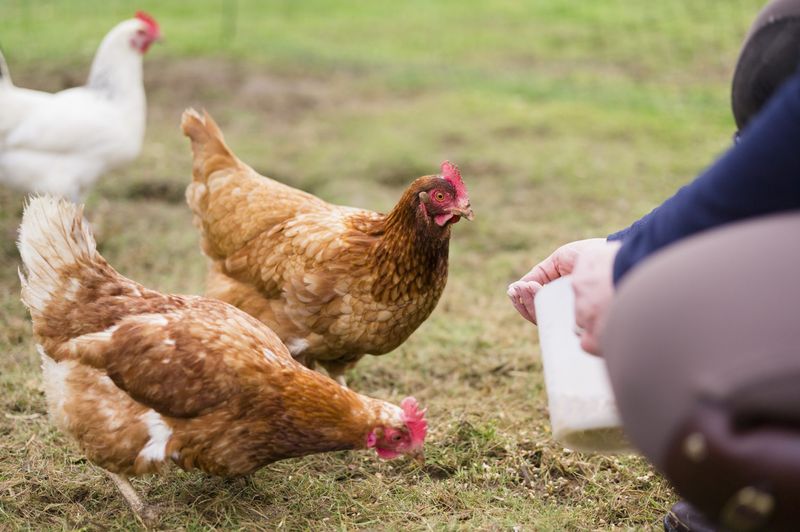
Chickens require a balanced diet to thrive. Feeding them improper food can lead to health issues and reduced egg production. Imagine eating a diet lacking essential nutrients; you’d feel sluggish and unhealthy.
Ensure their diet includes a mix of grains, greens, and protein. Avoid feeding them chocolate or avocado, which are harmful. Providing the right diet will boost their vitality and productivity.
No Access to Fresh Water
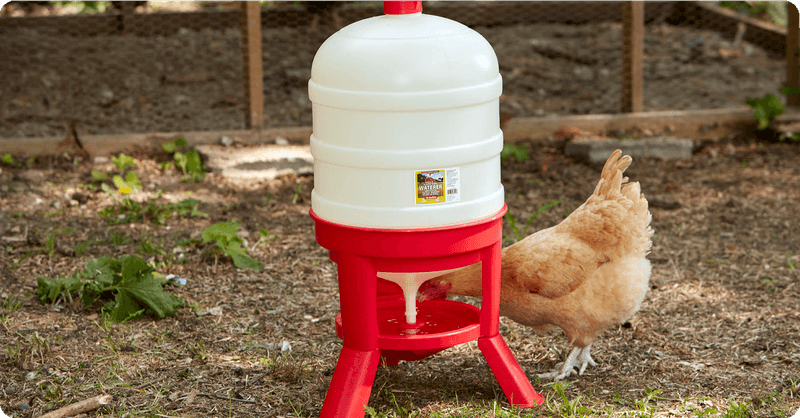
Fresh water is crucial for chickens, especially on hot days. Dehydration can lead to severe health issues, just as humans suffer without water.
Ensure water containers are filled daily and are clean. In hot climates, provide multiple water sources to prevent competition. Keeping your chickens hydrated is key to their overall health and well-being.
Harsh Weather Exposure
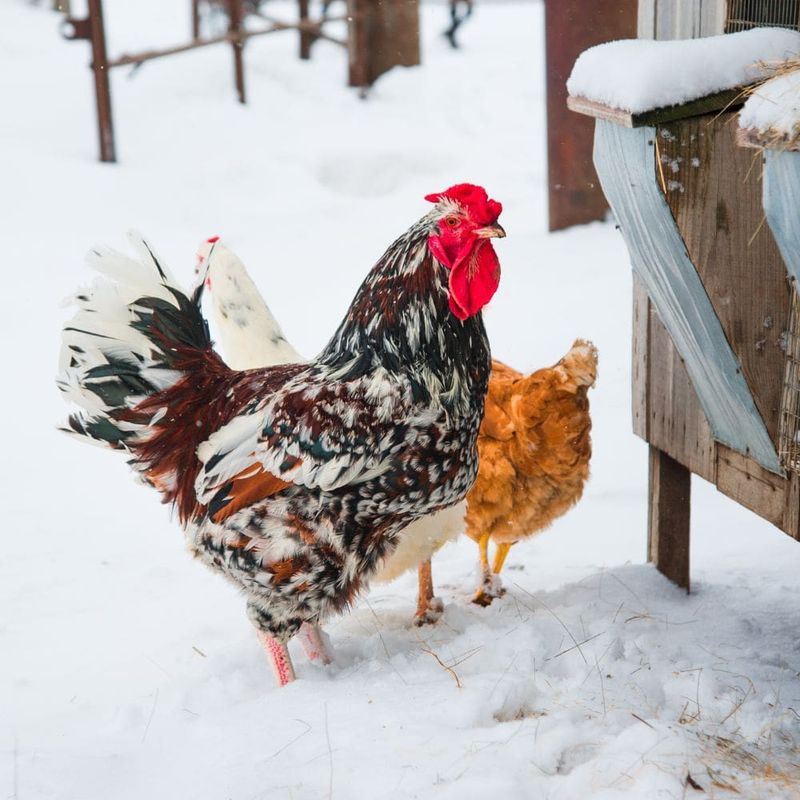
Chickens need protection from extreme weather. Exposure to harsh elements can lead to illness or stress, much like humans unprotected in a storm.
Provide shelters that shield them from rain, wind, and sun. Ensuring they have a safe haven during adverse weather conditions is crucial. A well-prepared environment fosters a healthy and happy flock.
Neglecting to Trim Beaks and Nails
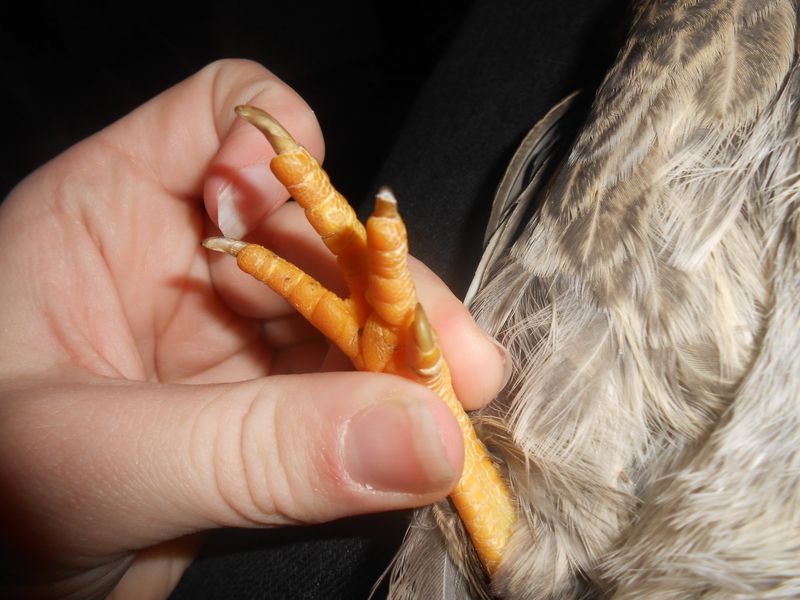
Regular maintenance of beaks and nails is important for chickens’ comfort and health. Overgrown beaks can hinder eating, while long nails can make walking difficult.
Trimming keeps chickens active and is comparable to maintaining our own grooming habits. If you’re unsure, consult a vet for guidance. Proper grooming practices help keep your chickens in top shape.
Failing to Secure the Coop
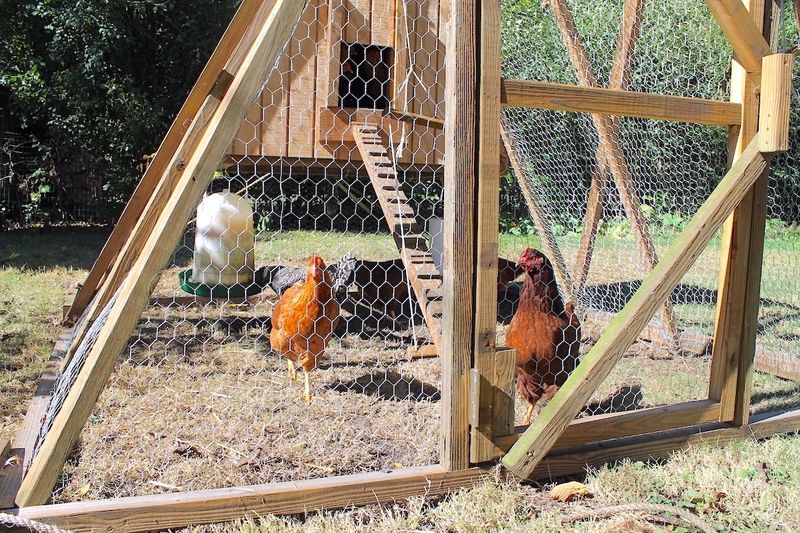
A secure coop is vital to protect chickens from predators. A poorly secured coop can lead to devastating losses, akin to leaving your front door open at night.
Regularly check for gaps or weaknesses and reinforce them. Install locks and barriers to deter predators like raccoons or foxes. Prioritizing coop security ensures your chickens remain safe and sound.

